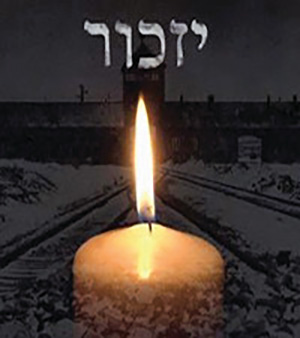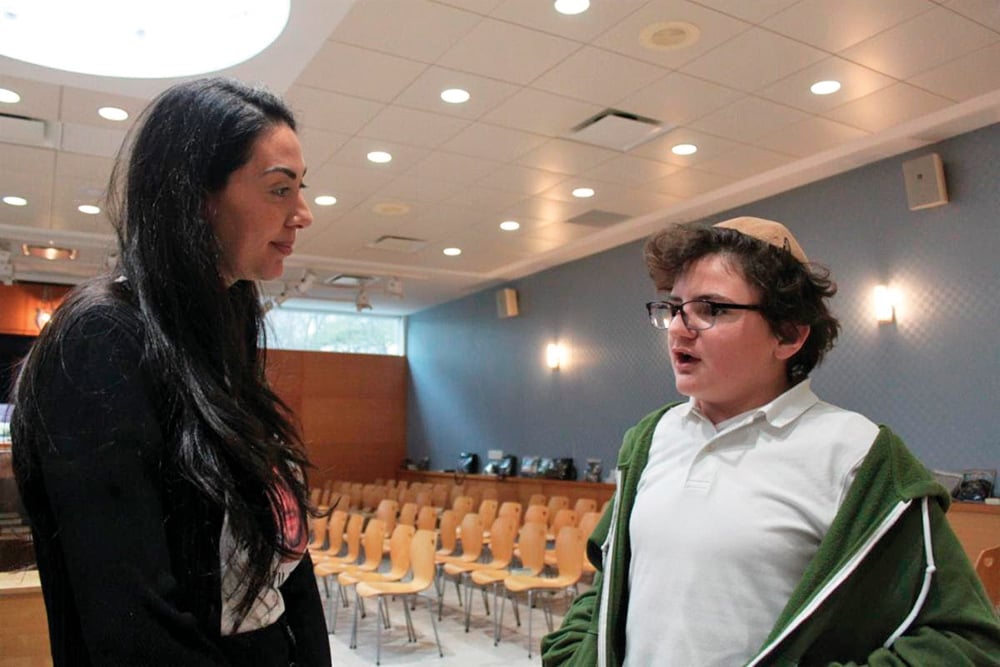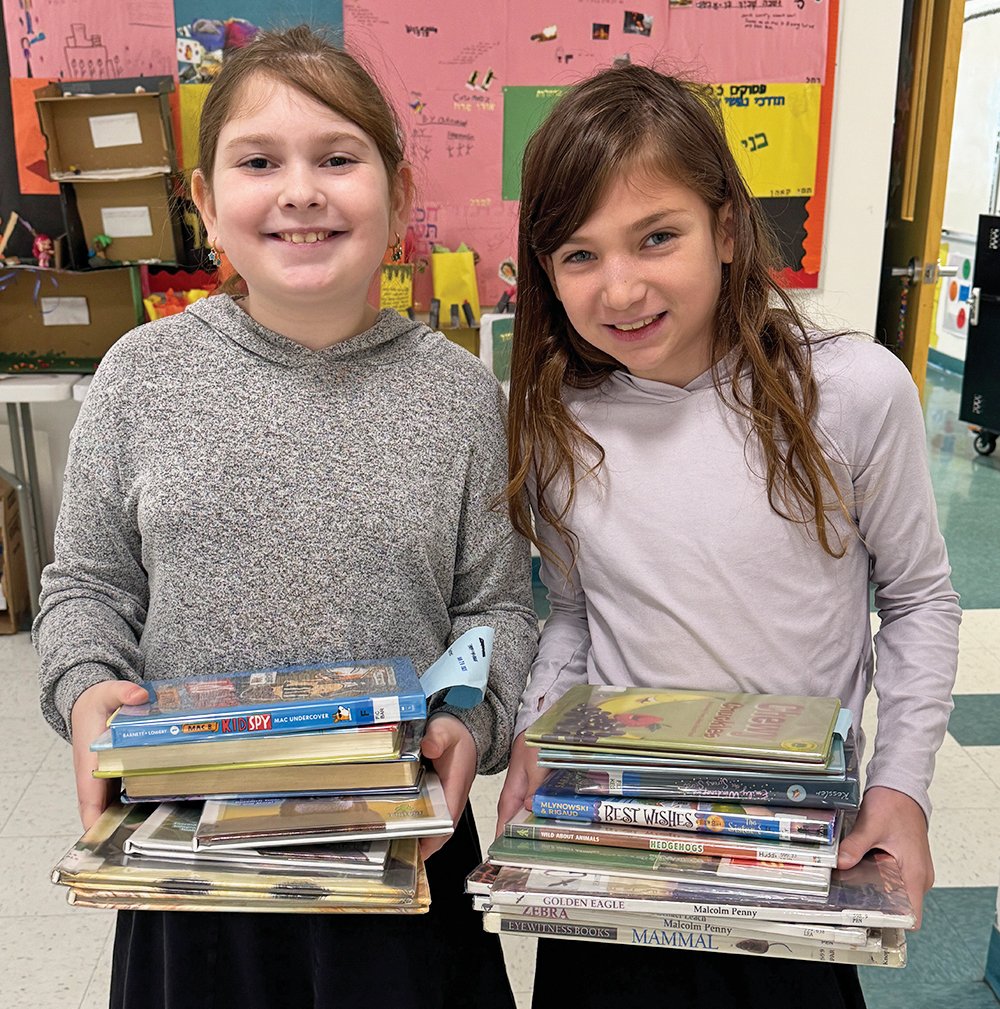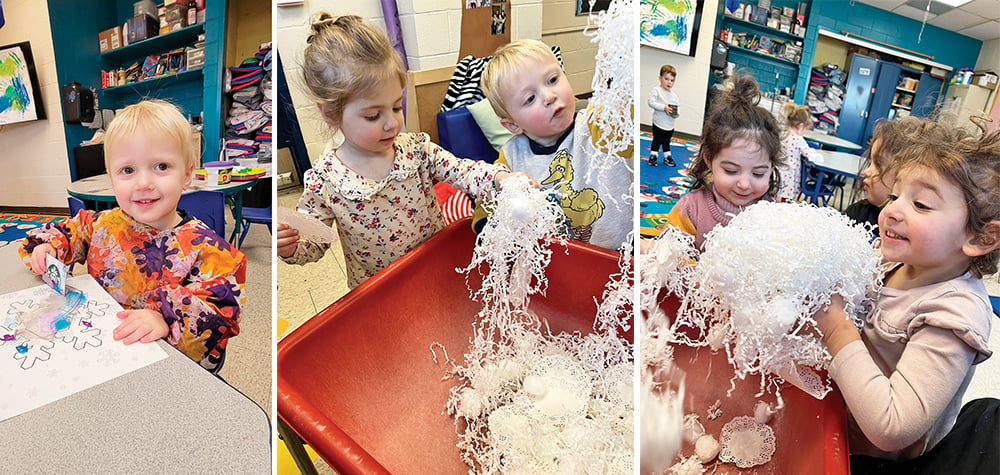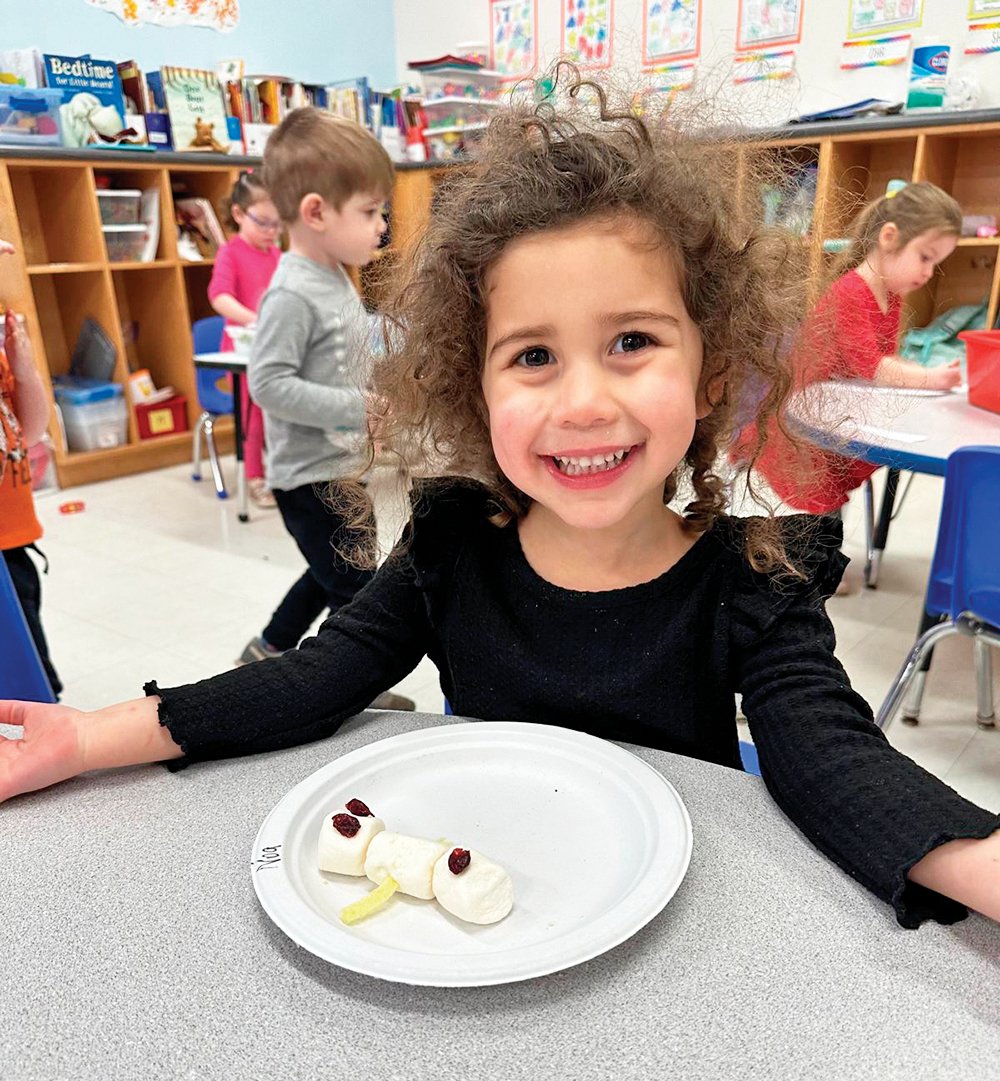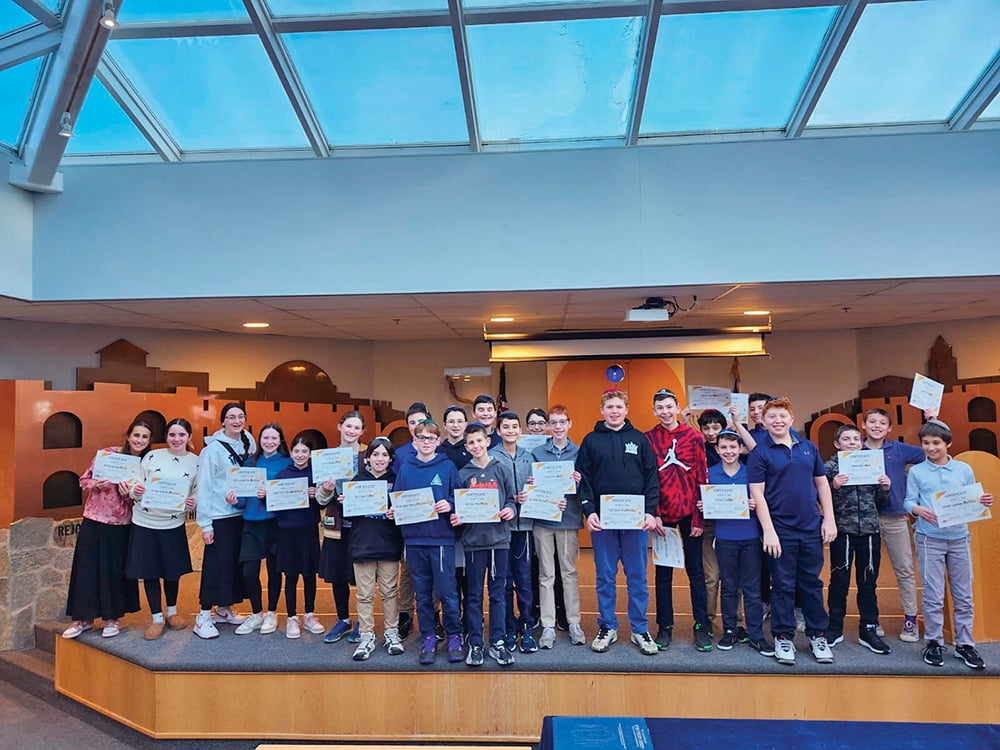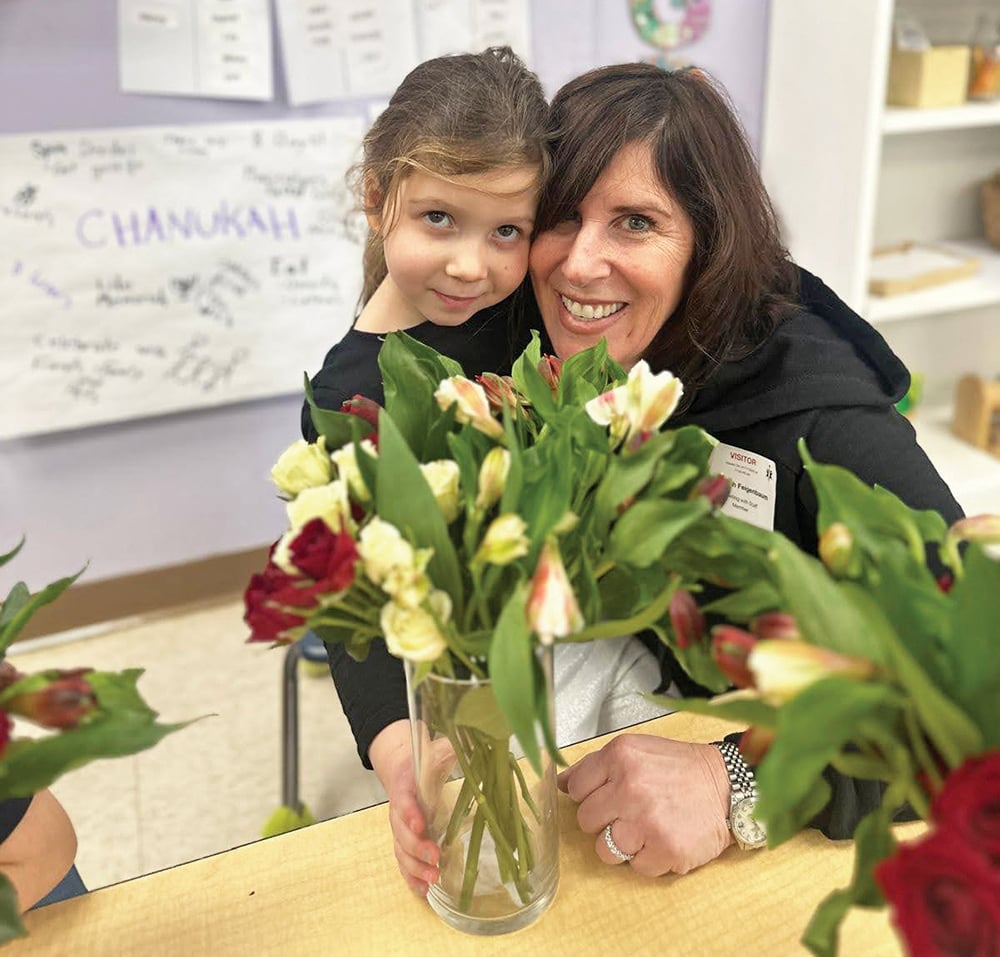


Yom HaShoah is a meaningful day for Jews around the world, a time when we gather together to remember the 6 million Jews who were murdered by the Nazi regime. Because of COVID-19 and the restrictions it has necessitated, Yom HaShoah looked different this year. Organizations and schools turned to platforms like Zoom or Skype to help commemorate the day through virtual programming.
In Bergen County, middle school students from Ben Porat Yosef, Lubavitch on the Palisades, RYNJ, Yavneh Academy, Yeshivat He’Atid, Yeshivat Noam and The Moriah School participated in a joint online program to learn about the Holocaust and pay tribute to those who died.
“It is always nice when schools in Bergen County join together, but it is even nicer when the program is to commemorate Yom HaShoah,” said Rabbi Chaim Hagler, head of school at Yeshivat Noam, who introduced the program. “There is no better response to hatred and anti-Semitism than achdut,” he added.
The program began with song and tefillot delivered by Cantor Yaakov Motzen, a native of Tel Aviv and the fifth generation of a family of cantors. Cantor Motzen attended prestigious yeshivot in Israel and studied music and vocal technique with the late Yosef Goland, the principal baritone in the Berlin Opera in the late 1920s. A renowned chazan, he has performed in concerts and shuls throughout the world.
With his wife, Marsha, playing the piano, Cantor Motzen performed three songs, including the well-known “Ani Maamin,” a song known to have been chanted on the train ride from Lodz to Auschwitz.
The keynote address was delivered by Rabbi Steven Weil, the senior managing director of the Orthodox Union. Rabbi Weil is a popular teacher and lecturer who speaks to audiences around the world. Rabbi Weil and his family are part of the Teaneck community.
“Yom HaShoah commemorates the worst period in Jewish history,” he told the students. With countless messages to take away from the Holocaust, Rabbi Weil chose to focus on how the Jews tried desperately to live a life of kiddush Hashem even in the face of tremendous despair.
Rabbi Weil shared stories of great leaders who risked their lives to perpetuate their Jewish practices. One such hero was Rabbi Yekusiel Yehudah Halberstam, better known as the Klausenburg Rebbe. The rebbe, whose wife and 11 children were murdered by the Nazis, survived incarceration at numerous concentration camps where he helped Jews maintain their belief in Hashem and Judaism at a time when so many were lost.
After the war, the Rebbe, who was a descendant of the Sanz Dynasty, rebuilt Jewish communal life in the displaced persons camps of Western Europe and re-established his life first in the United States and then in Israel. He created a community of survivors in Netanya, most of whom were left without family after the Shoah. Every Friday night people came to him for a bracha because they didn’t have their own parents to bench them.
The Rebbe was admired by all who knew him, including David Ben-Gurion, who awarded him a piece of land in Netanya where he founded The Laniado Hospital, a voluntary, not-for-profit, 484-bed hospital in Kiryat Sanz.
The Rebbe, who was shot in the arm during the Shoah, yet managed to survive, vowed at the time that if he lived, he would build a hospital in Eretz Yisrael that would be run according to Jewish law and where every human being would be cared for with dignity.
Like the Klausenburg Rebbe, there are many heroes who emerged from the Shoah and continued to live a life of Torah and mitzvot. Rabbi Weil encouraged the students to look to those heroes for inspiration and to remember those who were never given the opportunity to continue a life of Torah.
There were a million and a half children killed in the Shoah who never had the chance to become parents or members of society. “You are the future of Am Yisrael,” said Rabbi Weil to the students. “As a tribute to those children who perished, you should continue their mesorah by learning Torah and keeping mitzvot today and into the future.”
By Andrea Nissel


